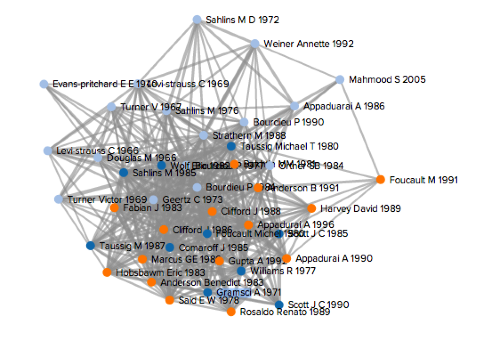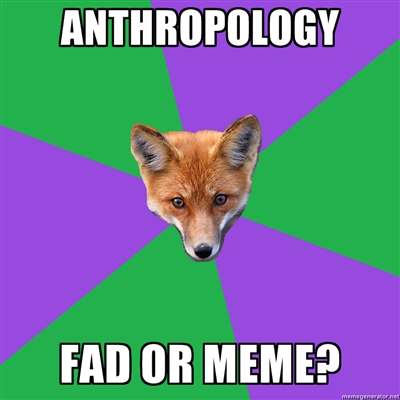I am still obsessed with the concept of value. What is value? What does it mean to say something has value? How do we decide what something is “worth”? How are different ideas about value connected to meaning–and action? How do our ideas about value, worth, and meaning relate to our actions? How is value connected to money (in its various forms)? How are different forms of valorization (economic, cultural, moral, political) connected? Where and when are they disconnected?
When I started on this exploration of the idea of value, one of my friends told me that if I’m really serious about looking deeper, then I should start with David Graeber’s book on the subject. I did, and have subsequently read that book–and his book about Debt–and taken tons of notes. My friend also said that my search for the meaning of value is going to head back to Marx one way or another. And it did. But it also led to Adam Smith, Clyde Kluckhohn, David Harvey, Noel Castree, Julia Elyachar, and many others. This search for value has led me down many different side streets and avenues, and there’s still a lot of ground to cover. The most recent book that I am reading is James Buchan’s book Frozen Desire. The money/value question, especially as it relates to land, real estate speculation, and development, is what has been keeping me occupied for some time now. The more I look into value, the more I want to keep looking. It’s a bit like an endless economic rabbit hole.
Now, I am definitely fascinated with the idea of value, but I am also willing to admit that it’s a massive, if not vague, concept. Graeber said pretty much the same thing in the beginning of his book. The word “value” can refer to a range of things: from prices and money values all the way to moral values. So there’s a bit of fuzziness and abstraction going on, simply because of the wide array of ways in which people use the term. Sometimes it’s hard to tell when one usage ends and another begins. There’s a lot of contradiction and overlap going on. I hate to say it, but the whole idea of value gets complicated–and really, really abstract at times. Maybe too abstract? Continue reading →


